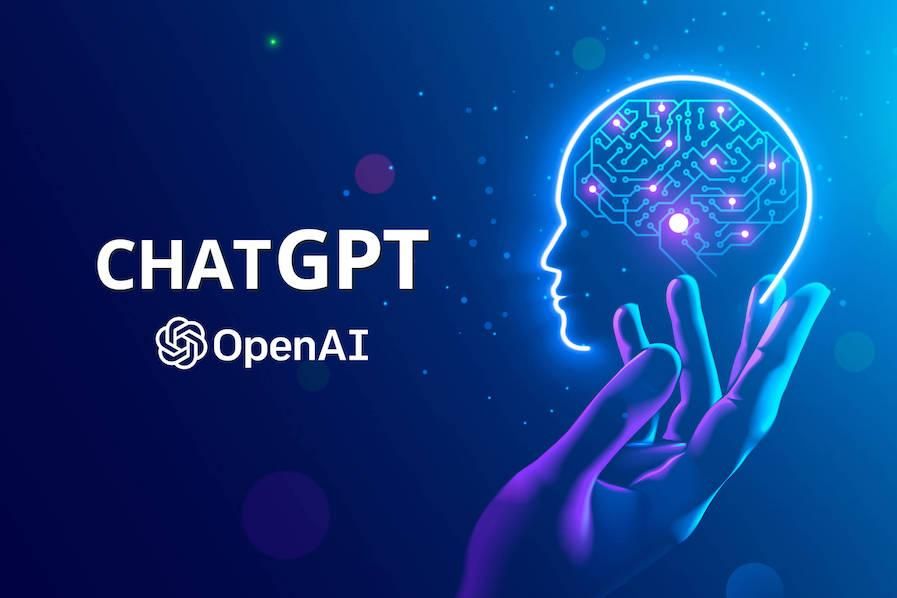What is ChatGPT?
ChatGPT is a chatbot using a language model artificial intelligence (AI). It was designed to answer questions based on training data that goes through November 2021.1
How does ChatGPT work?
ChatGPT was trained to simulate human writing. Its algorithm uses probability to decide what word might come next in a string. So, although its answers may often sound plausible, the information generated cannot be relied upon to be accurate.2
When should I use ChatGPT?
Check out ChatGPT when you need help brainstorming and organizing your writing but be aware of the risks of outdated and inaccurate content. Note that this AI will make up fake citations that look legitimate but don’t actually exist!3
When should I NOT use ChatGPT?
ChatGPT was NOT designed to help with diagnosis, treatment, and other medical applications. Although some types of AI may be trained to analyze X-Rays or perform other diagnostic tasks, ChatGPT was specifically designed to make up content to mimic human communication.
Benefits of ChatGPT
- It can be fun to play with!
- It furthers the technology and offers a great learning opportunity4
Pitfalls of ChatGPT
- ChatGPT contains no information newer than 2021
- ChatGPT does not have access to full text that sits behind a paywall (such as many key medical books and journals)
- ChatGPT will create false facts based on the questions you ask
- ChatGPT will create fake citations to support its answers to your questions
Note on BioGPT
A similar program, BioGPT was trained on biomedical journals but has similar pitfalls as ChatGPT, making up entirely inaccurate answers.5
References
- 1. Can artificial intelligence help for scientific writing?Salvagno M, ChatGPT, Taccone FS, Gerli AG. Crit Care. 2023 Feb 25;27(1):75. doi: 10.1186/s13054-023-04380-2. PMID: 36841840; PMCID: PMC9960412.
- 2. Nonhuman “Authors” and Implications for the Integrity of Scientific Publication and Medical Knowledge.Flanagin A, Bibbins-Domingo K, Berkwits M, Christiansen SL. JAMA. 2023;329(8):637–639. doi:10.1001/jama.2023.1344
- 3. Artificial Hallucinations in ChatGPT: Implications in Scientific WritingAlkaissi H, McFarlane SI. Cureus. 2023 Feb 19;15(2):e35179. doi: 10.7759/cureus.35179. PMID: 36811129; PMCID: PMC9939079.
- 4. ChatGPT: five priorities for researchvan Dis EAM, Bollen J, Zuidema W, van Rooij R, Bockting CL. Nature. 2023 Feb;614(7947):224-226. doi: 10.1038/d41586-023-00288-7. PMID: 36737653.
- 5. Microsoft Released an AI That Answers Medical Questions, But It’s Wildly InaccurateSpichak S. Neoscope. 2023 Mar 7.


No comments:
Post a Comment